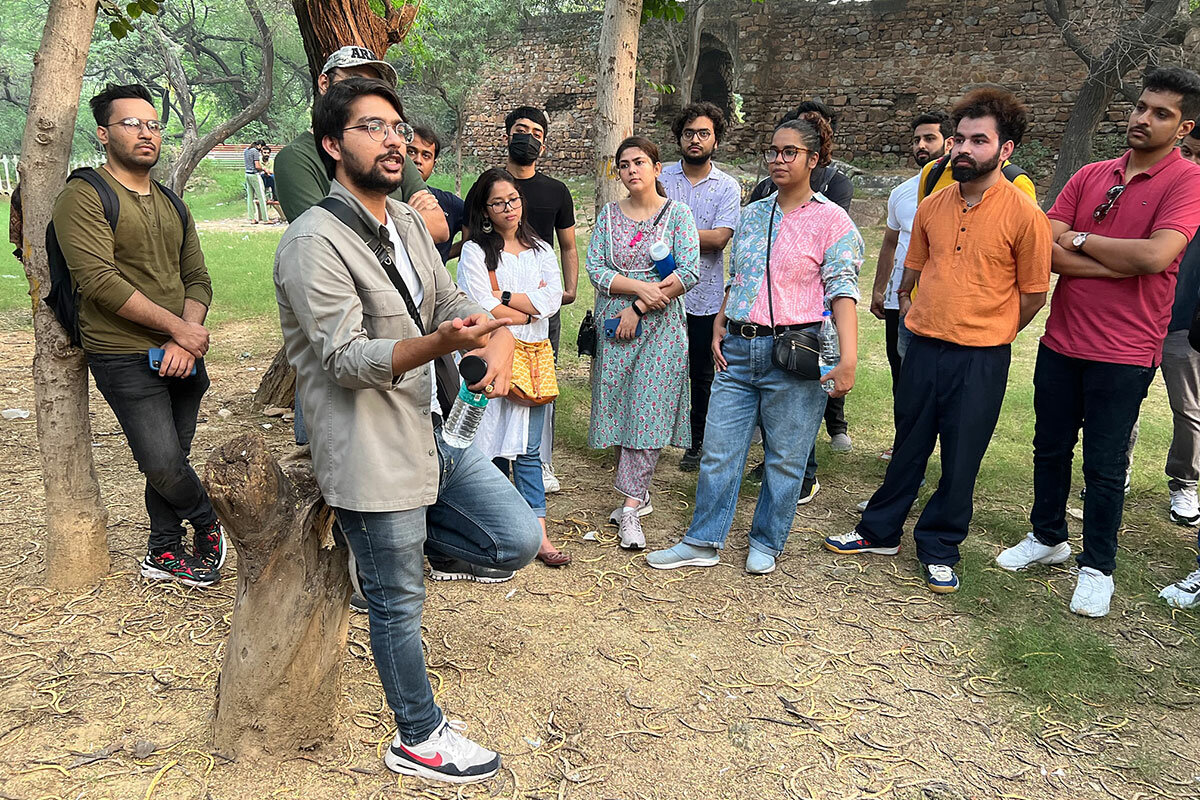Growing threats from North Korea have some in South Korea calling for a nuclear weapons program. Experts say what’s needed is a strengthening of trust and a commitment to cooperation under the U.S. nuclear umbrella.
Monitor Daily Podcast
- Follow us:
- Apple Podcasts
- Spotify
- RSS Feed
- Download
 Stephanie Hanes
Stephanie Hanes
For much of his life, Brady Darius Perry was a lobsterman. His island of Spanish Wells in the Bahamas revolved around the fishery; his friends and family members spent their years catching the spiny lobsters that are mostly shipped off to international restaurant chains and markets.
Here, fishers don’t set traps. They dive along the ocean floor to retrieve the crustaceans from human-made shelters. Mr. Perry spent days and weeks this way, he told me, rope-towed by a boat past sharks and needle fish and coral reefs. But then Hurricane Matthew hit, and that storm, which scientists say was extra fierce because of warmer ocean temperatures, destroyed his family’s underwater lobster infrastructure.
It would have cost millions to rebuild their business, he told me. And so, they pivoted.
Around that time, he explains, tourists were flocking to the Exumas, another chain of islands in the Bahamas, to see the “swimming pigs” – a small porcine community that lives on the beach. (If you’re doing a double take here, that’s OK. I did, too. You can read more about it in my article in today’s issue.)
Mr. Perry figured the pigs would be popular where he lives, too. With other locals, he started Pig Island – and a new tourist industry.
I met Mr. Perry late last year on his boat, Da Salty Pig, part of his family’s Da Salty Pig Adventures charter service. The pigs get people here, he said with a smile, but then he can share the other ecological jewels of his home – the white sandbars and soft stingrays and flourishing reefs.
I asked if he missed fishing. We adapted, he answered with a shrug.
Indeed, I thought, global warming is forcing adaptations across the world – in economics and lifestyles, politics and habitats.
Often, these shifts involve loss. People must reimagine their homes and futures. But Mr. Perry reminded me there can be surprises that accompany change – even some as joyfully ludicrous as pigs on a tropical beach.










